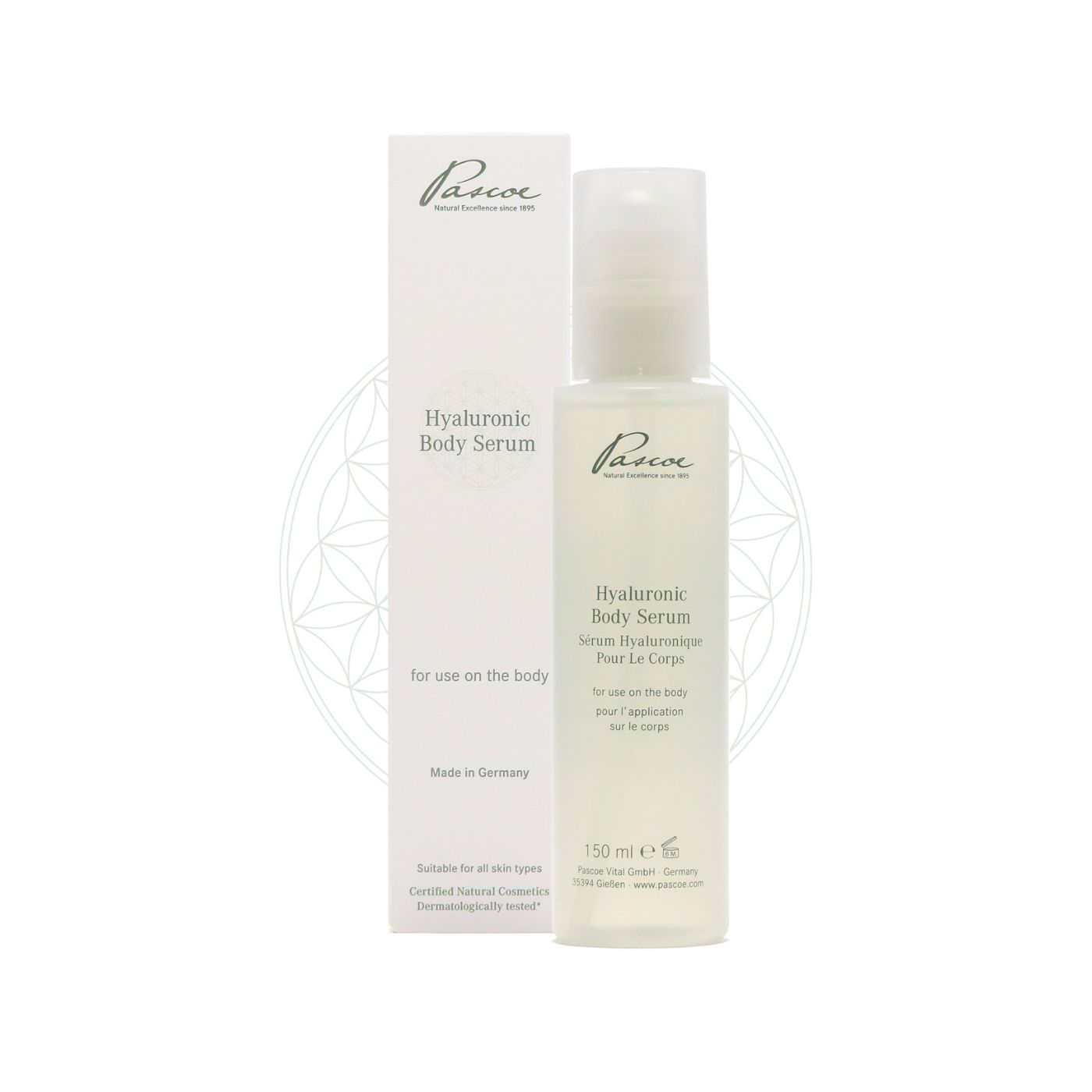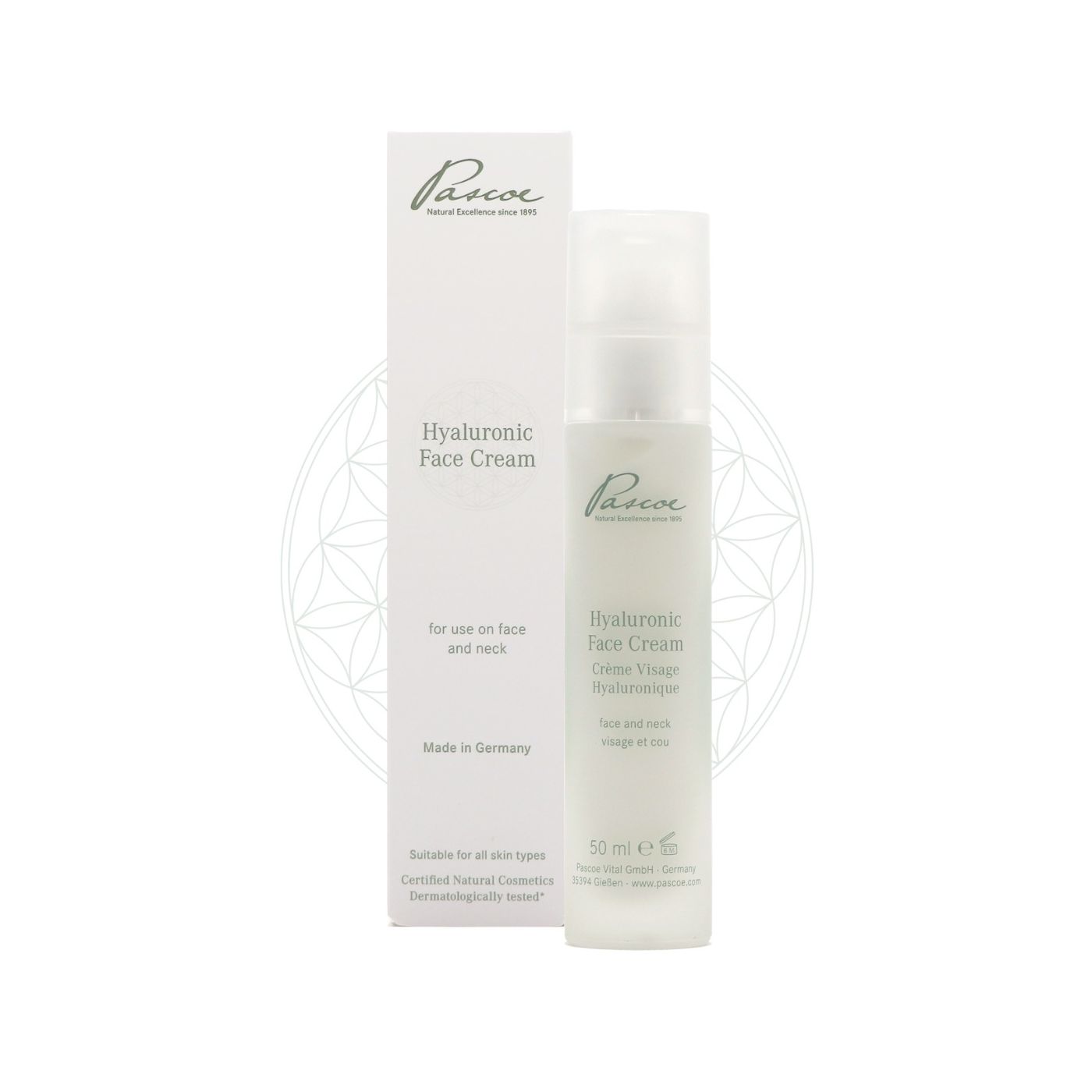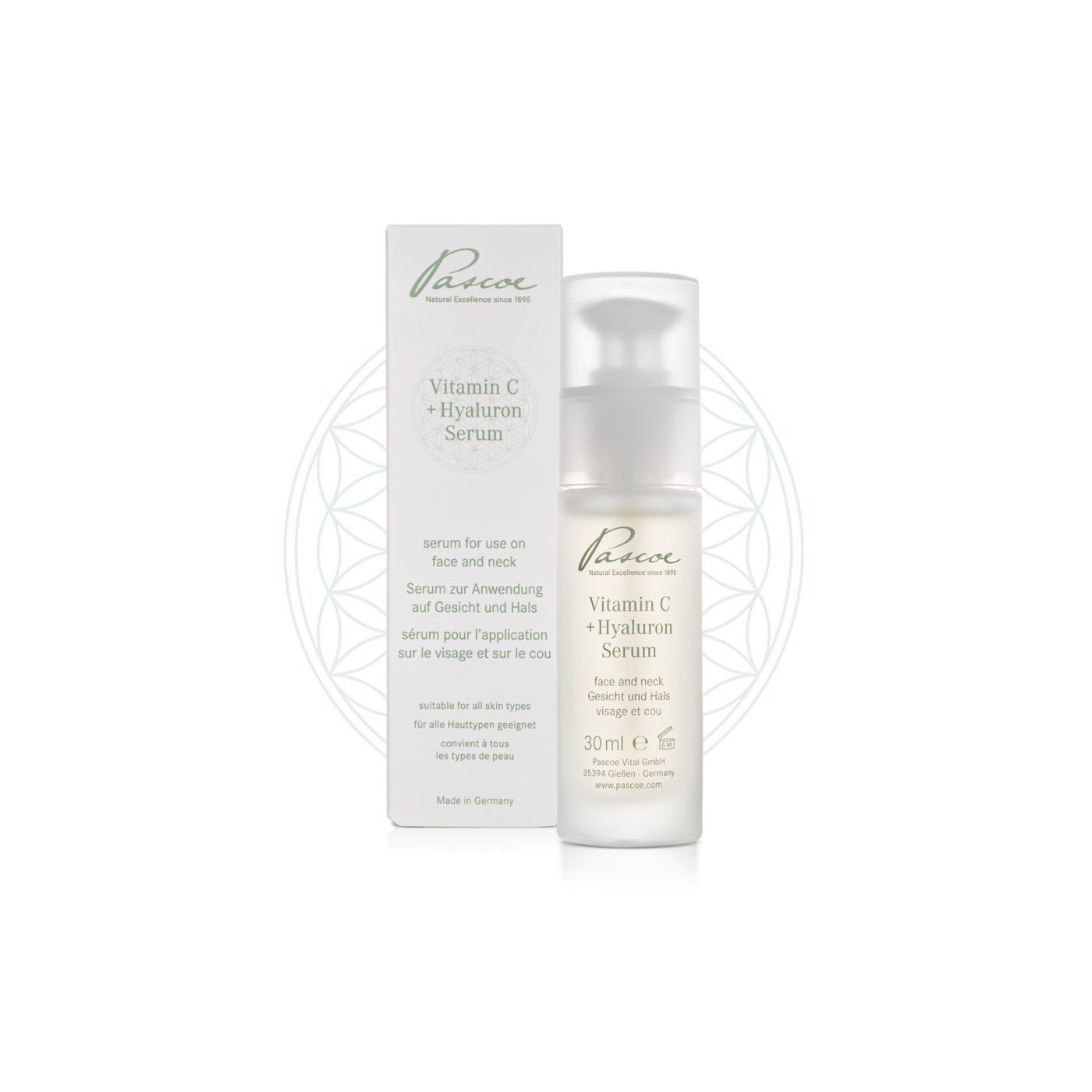How To Prevent Dry Skin This Winter
Do you suffer from dry, chapped skin during the winter? Once the cold weather hits, the mixture of outdoor and indoor air dries us out and specialized winter skincare should become a priority!
The cold air of the winter months holds a lot less moisture than the air of those hot, summer days. Pair that with the heating we have on indoors and you’ve got a recipe for very dry chapped skin. Add on to that the desire to cope with cold outdoor temperatures by taking a hot, hot shower, and your skin will really begin to suffer.
What can we do to reduce the loss of moisture in our skin and help to ensure the protective barriers of our skin are kept intact?
The skin is the body’s largest organ. It protects us from environmental stressors and external dangers. And it is responsible for the bulk of the body’s detoxification.
Here are a few ways to protect your skin this winter.


Winter Skin Care Tips
If you’re looking to build a winter skin care routine, look at incorporating a few regular practices to maintain moisture and combat dry skin; take in skin-supportive nutrients like collagen, topical hyaluronic acid, and eat plenty of antioxidant-rich foods.
Getting into the habit of regularly applying the right moisturizers for your skin is also a great way to safeguard against water loss. Different skin types will require different skincare routines – now is a great time to find the right one for you!
Support Your Skin’s Natural Moisture Barrier
Some of our skin’s key players in moisture retention include collagen, elastin, hyaluronic acid, and antioxidants, like vitamin C.
Collagen and elastin are proteins naturally occurring in our body, predominantly found in our skin, hair and nails. The collagen and elastin found in our skin is responsible for its plumpness, as well as its elasticity. In order to keep our skin maintaining and replenishing itself – maintaining the integrity of the skin barrier – it requires proper hydration.
Moisture found in the skin stimulates circulation, helps remove toxic byproducts and contributes to muscular tone. Without proper hydration, the integrity of the skin, our body’s protective barrier becomes damaged, heals poorly, and ages quickly.
Hyaluronic acid, a molecule found naturally within the body’s fluids, has an incredible ability to attract and retain moisture. It can bind over 1000 times its weight in water! In order to keep our skin adequately moisturised and functioning optimally, we must contribute to and encourage the production of hyaluronic acid.
Naturally occurring fluid in the body is also important for lubricating and cushioning our joints, and maintaining our mobility as we age. You can find high concentrations of hyaluronic acid in connective, epithelial, and neural tissue. As you can see, without proper hydration, our body can’t move or function properly.
The skin is the body’s largest organ. It can take a lot to keep it hydrated and to retain its moisture in the winter months. It serves as a protective barrier for all our muscles, bones and organs.
Antioxidants are also important protective nutrients, preventing oxidative stress and damage caused by environmental factors. Oxidative stress causes free radical damage to occur and can lead to early signs of ageing like the wrinkling and drying out of our skin.
By eating a diet rich in antioxidants, as well as supplementing when necessary, we can provide the body with many free radical scavengers, which get in between oxidative stressors and your body.
Avoid Hot Water
Whether you take a bath or shower, avoid bathing in very hot water in the winter. It removes naturally occurring and naturally protective oils from our skin. To keep your skin hydrated, take only warm showers and apply a moisture barrier immediately after towelling off.
Combatting Dry Winter Skin
With this knowledge in mind, here are our top three ways to combat dry skin this winter.
1. Support and replenish collagen stores.
Collagen is a protein found in our skin, tendons, bones, connective tissues and cartilage. It exists as part of our structural support system, as well as a key contributor to many essential bodily processes. To form, it requires adequate protein consumption, as well as the support of vitamin C.
Many animal-sourced foods contain adequate amounts of the following amino acids; glycine, proline and hydroxyproline. These are fundamental amino acids to the formation of collagen in the body.
If you don’t consume animal foods, you may choose instead to supplement with a powdered collagen supplement or protein powder. There are also many fish-sourced, as well as vegan collagen supplements entering the market.
2. Treat your skin topically with moisturizers containing hyaluronic acid.
By applying hyaluronic acid topically, we can treat and prevent damage in the most direct way. Hyaluronic acid works to deeply moisturize and nourish the skin’s many layers. Because of its ability to soak up and hold onto moisture, once it penetrates deep into the skin’s layers, it infuses each layer with moisture in a naturally recognizable way.
Supporting your skin with hyaluronic acid makes for plumper, more resilient skin. It rejuvenates dry skin by hydrating deeply and thoroughly. It can also be used to target dull, uneven skin, as well as soften fine lines and wrinkles. Because it is a naturally occurring substance, you’re giving back to your body what it’s yearning for in the cold and dry winter months.
The best moisturizers for dry skin in the winter contain natural ingredients and avoid harsh chemicals. You want to maintain the body’s natural protective oils while supporting proper hydration. Vitamin C serums also work great topically to minimize, as well as heal, oxidative damage.
Finding the correct winter moisturizer for your dry skin can take some trial and error, depending on how dry your skin gets. But looking for something that contains hyaluronic acid is always a great place to start!
3. Fill out your winter diet with many antioxidant-rich foods.
Antioxidants help prevent skin damage on a cellular level. External stressors, like environmental elements and chemical exposures, can lead to cellular damage. Because our skin is our outermost barrier system, it takes the hardest hits.
Eat plenty of blueberries, kale, broccoli, cabbage, beets, spinach – and of course, chocolate (in moderate amounts) – this winter. Antioxidants support our natural collagen production and ensure we maintain the integrity of our skin as a protective barrier. They also serve as vital free radical scavengers, preventing damage and supporting the health of our skin.
Create Your Winter Skincare Routine
This year, give yourself the gift of a winter skincare routine tailored to your skin’s specific needs. Depending on how dry and chapped your skin gets in the colder months, plan out your preventative treatment plan accordingly.
Support your skin through the cold, winter months with adequate building blocks for cellular regeneration, take preventative measures by avoiding hot showers and moisturizing regularly, and prevent long-term damage by supplementing your diet with antioxidant-rich foods.
Disclaimer
Pascoe Canada does not offer health or medical advice as we are not a healthcare practitioner. Please speak with your healthcare practitioner before beginning any program related to nutrition, diet, exercise, fitness, medical, and/or wellness. All content published by Pascoe Canada is developed through collaborating with licensed medical professionals and contributors. This includes text, graphics, images, and other material on the website, newsletter, and products (“Content”). This content is for informational purposes only and does not constitute medical advice. The content does not substitute professional medical advice, diagnosis, or treatment. Please always do your own research on whether this is for you along with your healthcare practitioner advice. Always consult your healthcare practitioner prior to using specific herbs because you might have underlying conditions that need professional care. The content is general in nature and is subject to change. It is not intended to cover all possible uses, directions, precautions, warnings, drug interactions, allergic reactions, or adverse effects.






